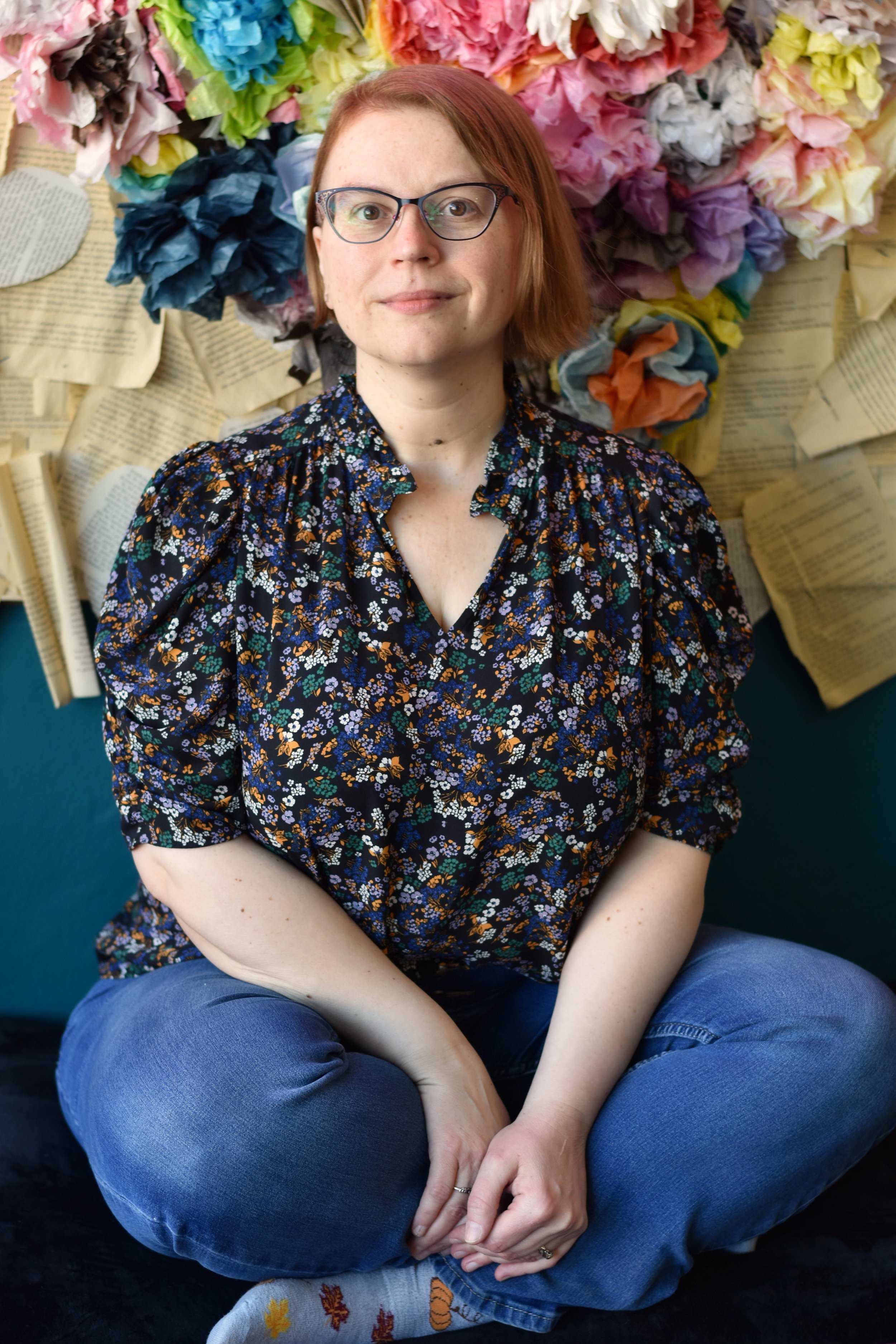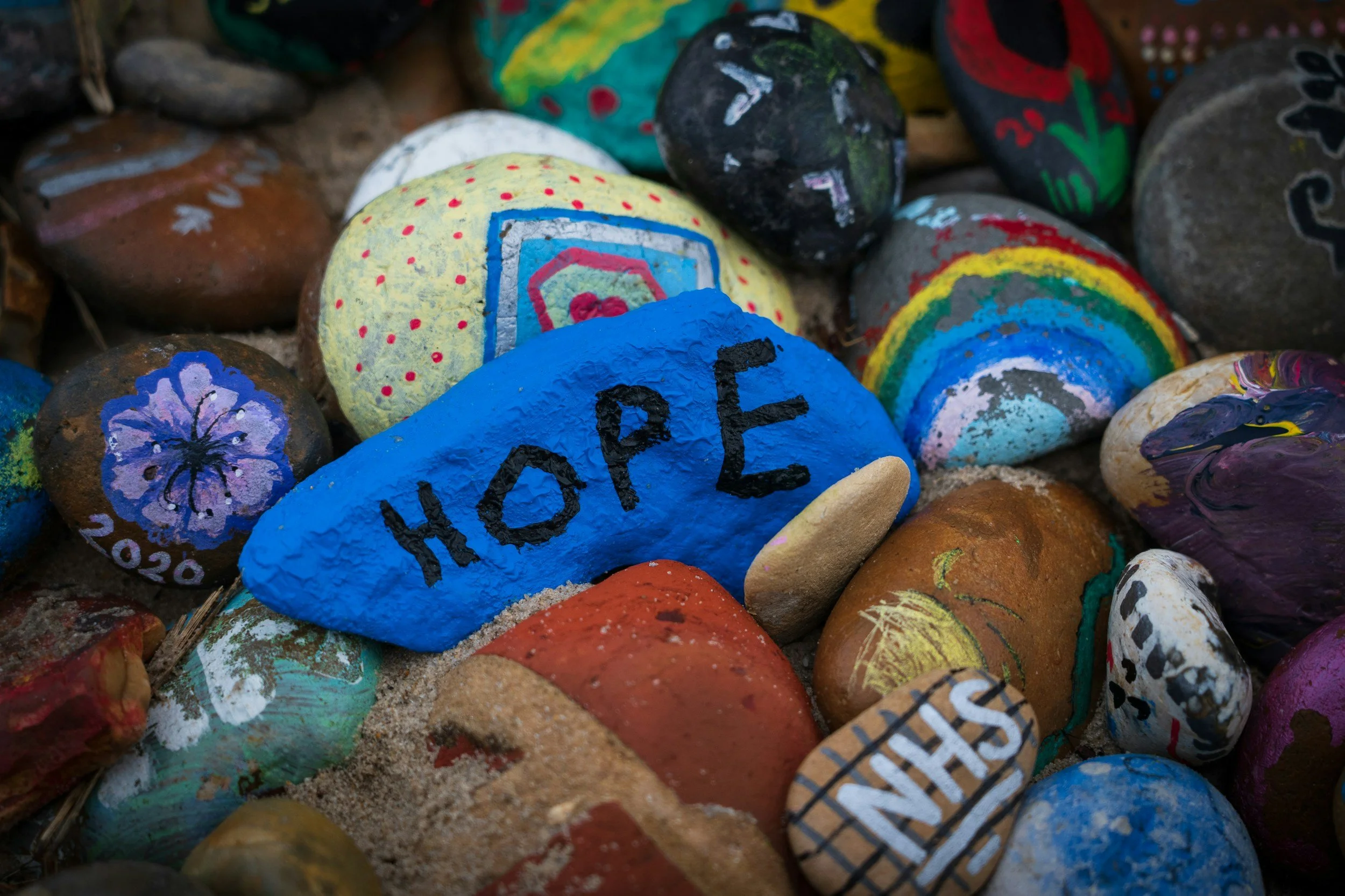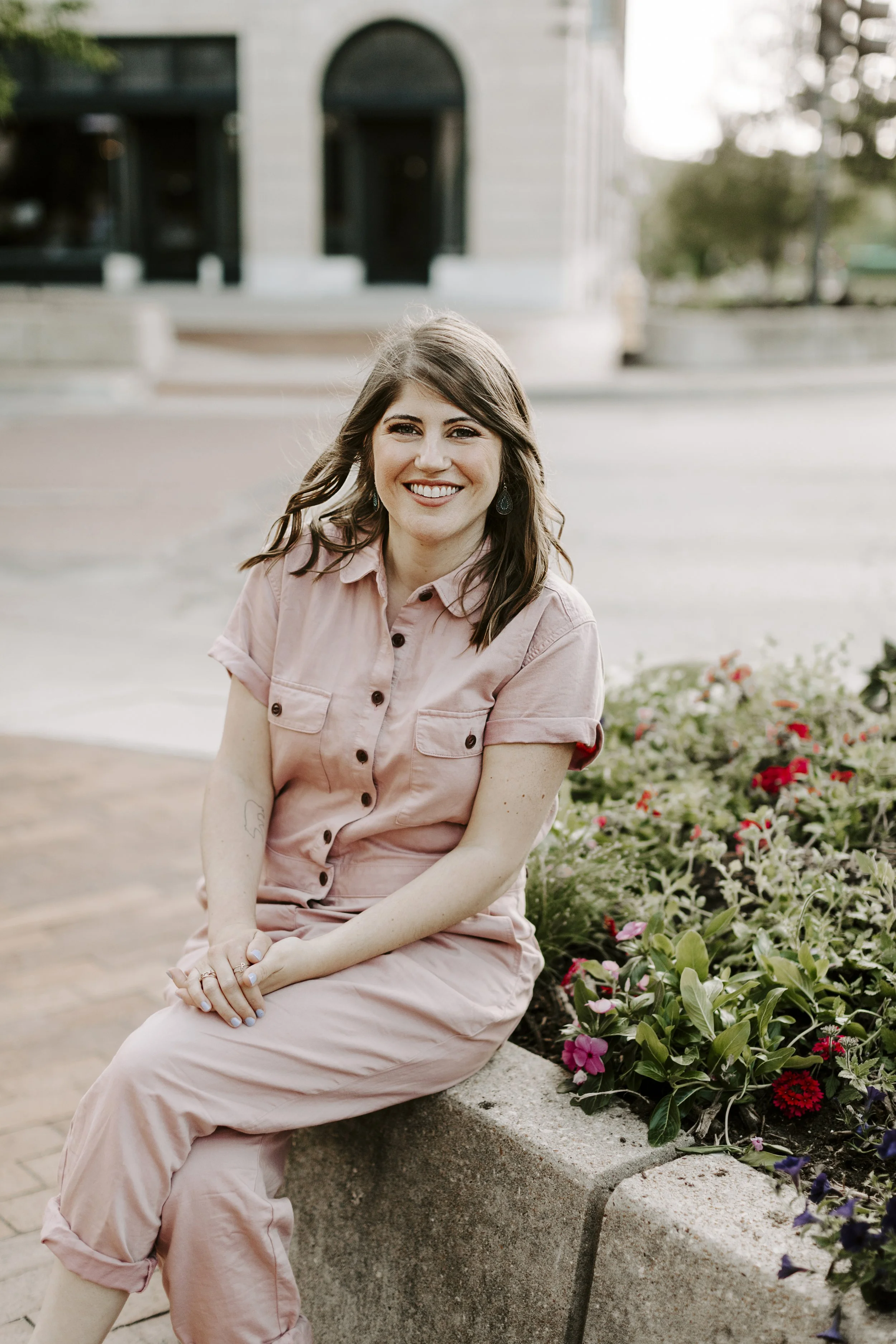Grieving the Loss of Community After Coming Out as LGBTQ
Coming out as gay, lesbian, bisexual, transgender, or queer can be an incredibly liberating step toward living as one's true self. However, for many LGBTQ individuals, the process of coming out is also accompanied by a profound and often unexpected sense of loss. Whether it’s family members who become distant, friends who don't understand, or communities that turn away, the experience of grief can be intense and disorienting. This type of grief—where one feels unable to fully mourn because society doesn't always recognize the loss—is called disenfranchised grief. For LGBTQ people, this grief is often compounded by social stigma, leaving them to process the loss of their former lives largely on their own.
In this post, we'll explore the grieving process after coming out, how to navigate disenfranchised grief, and ways to find support and connection—especially as the holidays approach. We’ll dive into the challenges and rewards of living authentically and explore how queer people can find new ways to build community and connect with others who share similar experiences of grief and identity.
Our gokc Therapy Team are present, warm & compassionate Allies. We are here for you.
1. Understanding Disenfranchised Grief in the LGBTQ Community
Disenfranchised grief refers to a type of loss that isn’t openly acknowledged or socially validated, leaving the grieving person without the usual avenues for support. This is a common experience for LGBTQ individuals who, after coming out, may face rejection or judgment from their families of origin, former friends, or religious communities. The grief that comes with losing these essential connections can be deep and isolating, yet it often goes unrecognized by the general population.
The loss of community, especially for young people, can feel like a heavy burden. Many LGBTQ individuals report experiencing a sense of social isolation after coming out, as if they’re navigating life in a world that no longer has a place for them. This type of loss is not typically mourned with ceremonies or bereavement groups, leaving LGBTQ people without formal outlets to process their feelings of grief.
2. The Role of Community in Identity and Grief
For many, community is foundational to a sense of belonging. This is especially true in the LGBTQ community, where safe spaces are critical for affirming one’s gender identity or sexual orientation. Losing these communities—whether it’s a church congregation, a circle of friends, or even certain family members—can lead to a unique type of grieving process. When LGBTQ individuals are cut off from the people who once provided them support, they face what might be called queer grief: a distinct form of grief that comes from feeling unaccepted in a world that isn’t designed to understand or embrace their true selves.
This feeling of rejection can be particularly poignant for those who come from small towns or close-knit communities where everyone knows each other. Suddenly, being openly LGBTQ may transform a person from a well-loved member of the community into an outsider. This loss of community can weigh heavily, but it’s important to remember that grief is a journey, and there are ways to find new sources of support. Even knowing it may take a long time!
3. Surviving the Holidays After Coming Out
The holiday season can be a difficult time for LGBTQ people who have recently come out. The pressure to spend time with family—especially if some family members are unsupportive or dismissive of one’s sexual orientation or gender identity—can make the season feel more like a burden than a celebration. Here are some strategies to help navigate the holiday season after coming out:
Preparing for Family Gatherings
If you decide to spend time with families of origin, it can be helpful to set boundaries beforehand. Be clear about what topics you are comfortable discussing and what language or behaviors you won't tolerate. If certain relatives tend to make comments that are hurtful or dismissive, consider addressing this in advance or setting a plan for how to handle it if it happens.
Managing Disenfranchised Grief and Loneliness
The holidays can magnify feelings of grief and isolation for those who are no longer close with family or friends. If this is your first time celebrating the holidays after coming out, the grief may be especially intense. Acknowledge these feelings—they are valid and part of your grief journey. If possible, connect with a grief counselor or social worker who understands LGBTQ issues and can provide a safe space for processing these emotions.
Creating New Traditions and Finding LGBTQ Community Support
Building new traditions with friends or chosen family can be an incredibly healing experience. And often the hardest thing. Hosting a Friendsgiving or organizing a holiday gathering with other members of the queer community can help create a sense of belonging. Many LGBTQ community centers host holiday events or potlucks, providing a supportive space for those who may feel isolated or out of place.
Self-Care Strategies for Emotional Well-being
Taking time for yourself during the holidays is essential. Consider mindfulness practices, journaling, or simply taking a walk when the season feels overwhelming. Seek out affirming spaces—whether physical or online—where you feel seen and respected. And remember, it’s okay to decline invitations if they don’t feel emotionally safe.
4. Collective Grief and the LGBTQ Community
The LGBTQ community has faced a collective experience of grief that is unique in its history. The AIDS crisis of the 1980s and 90s left a profound impact on gay men and the wider LGBTQ community, creating a legacy of loss that still resonates today. This collective grief is a reminder of the resilience and solidarity that can arise from shared experiences of hardship. Understanding this legacy can be empowering for LGBTQ people who face their own forms of loss today.
The stories of those who lost partners, friends, and entire social circles during the AIDS crisis can be a powerful source of solidarity. By connecting with these stories, LGBTQ people can find strength in a shared history of resilience and learn how previous generations found ways to cope with such profound grief.
Trans people are under attack from oppressive political power all over the world - the US is no different.
5. The Grieving Process and Rebuilding Community
The grief process is deeply personal, and there’s no single way to navigate it. For some LGBTQ individuals, this process may involve seeking bereavement support from grief counselors who understand the specific experiences of loss within the LGBTQ community. Others may find comfort in palliative care support groups or through connecting with community members who have gone through similar experiences.
Bereavement groups specifically for LGBTQ people can offer a safe space to share stories and find validation. These groups provide the comfort of knowing you’re not alone in your experiences of loss. If you need help connecting with community, we are here for you.
6. Finding Hope and Moving Forward
Grieving the loss of community after coming out can be one of the most difficult parts of living authentically. However, embracing your true self often leads to connections with new people who accept and value you for who you are. This might be a long process, and the journey may not always be easy, but the reward is a community that aligns with your values and celebrates you without judgment.
If you’re struggling, remember that grief is a universal experience. We believe that LGBTQ folk loss is wildly unique and acutely terrifying for many. But there is still hope. Experiences of loss can deepen empathy, foster resilience, and ultimately lead to greater self-acceptance.
Final Thoughts
Coming out is a brave act, and it’s okay if that courage is accompanied by grief for what you’ve lost along the way. Whether it’s the loss of family support, long-time friends, or a once-beloved community, each of these losses is part of a larger journey toward authenticity. By recognizing and honoring your grief, you can find a path forward that allows you to be fully, unapologetically yourself. You deserve love, regardless.
As you navigate this journey, remember that there are people and resources available to support you—from grief counselors to LGBTQ community organizations to your own chosen family. With time, you may find that the connections you build in your new life will offer the love and acceptance you’ve always deserved.
Start Working With an LGBTQ Therapist in Kansas City, MO
You don’t have to navigate this grief alone. Our compassionate therapists are here to support you as you process loss, rebuild community, and embrace your true self. Reach out to gokc today to start your healing journey.
Other Therapy Services Offered at gokc in Brookside, Kansas City, and throughout MO + Kansas
At gokc, we offer a range of services designed to promote healing and well-being outside of helping you navigate trauma with Trauma Therapy in Kansas City, MO. Our services include DBT Treatment, Online Therapy, Therapy for Self-Esteem, and EMDR for Trauma Recovery. Additionally, we offer Art Therapy, PTSD Treatment, Nature Therapy, and Somatic Experiencing. Whether you're looking to address specific mental health issues or seeking a deeper connection with yourself, gokc can help you!















